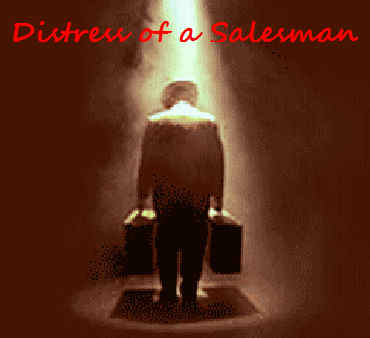With immeasurable sorrow, I must tell our friends that Haim’s son Niot has left this world at the age of 20.
Niot, who was on furlough from the Israel Defense Forces, passed away two days after a diving accident in the Red Sea waters near Eilat during Pesah. He was laid to rest last Sunday at the military cemetery on Mt. Herzl in Jerusalem.
I look for words to give to Haim and Ilana on the incomprehensible loss of their son, to Asor, Mizmor and Misgav on the loss of their brother, and my words seem impossibly small next to the consolation that friends wish we could give you.
At Haim’s request, however, I can post here selections from what he, Ilana, Asor and Misgav said at the graveside at the military cemetery on Mount Herzl. Deep thanks to Jeffrey Green for his translations.
Haim’s Words
Niot, you were already a hero on the day of you were born with the umbilical cord wrapped around your neck. From that day on, the Holy One never stopped testing you. And you withstood every test not only like a hero but also with joy. Never in my life have I seen such a calm hero, so happy with his lot.






